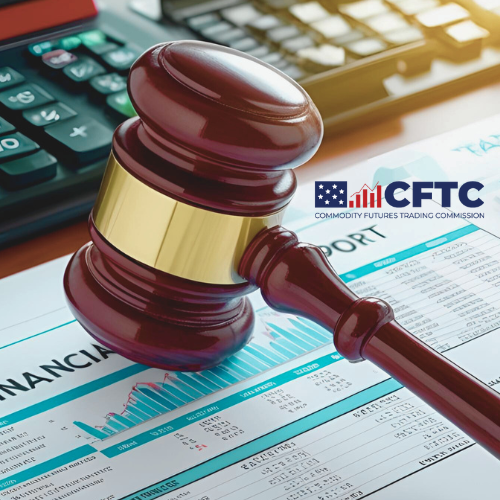
Speech by CFTC Acting Chair Delivers Several Surprises
The Acting Chairwoman of the CFTC has delivered a wide-ranging address at a recent conference where several surprising policy announcements were made.
This week the CFTC, the US commodity futures regulator, announced this enforcement action involving multiple instances of spoofing in WTI light sweet crude oil futures contracts on CME NYMEX.
The CFTC found that between approximately 16 December 2021 through to at least 14 January 2022, the UK-domiciled trader had executed a spoofing strategy by placing an iceberg order on one side of the order book (whose order quantity was only partially visible in the order book) that he intended to execute, combined with a series of fully-displayed orders on the opposite side of the order book at the first few price levels, that he intended to cancel before execution. After the trader’s iceberg orders were filled, the trader would cancel his fully-displayed "spoof orders".
The Order contained several other corroborating facts:
The trader was fined $USD 150,000 and received a one-year ban from trading on any CFTC-regulated venues and in all commodity interests.
While a comparatively compact Order, it does provide a useful level of detail of the underlying triggers in the trader’s behaviour.
The use of iceberg’s in the spoofing strategy to disguise the intended orders apparently attracted the attention of the Regulator’s surveillance team, as did the difference in order size between the iceberg orders that were intended to trade and the orders on the opposite side of the order book that were never intended to be traded.
It should also be noted that the trader was not located in the US, again demonstrating the CFTC’s willingness to enforce against non-US persons should any non-US traders feel insulated by national borders.
Take a short tour of the RegTrail Insights Platform with a free trial for a limited time.
